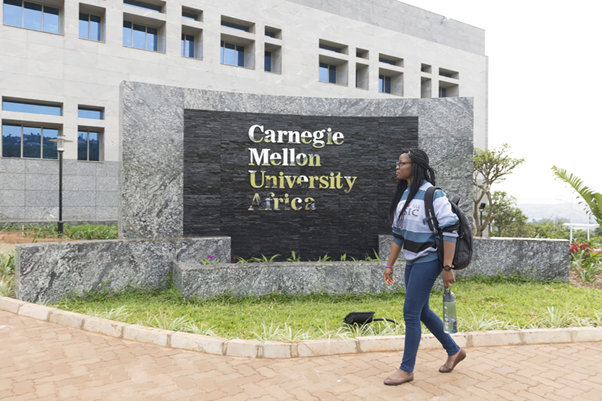When Africa opens its campuses to the world
From Dakar to Kigali, African universities are accelerating their international opening: bilingual programs, student and researcher exchanges, shared research centers, and degree recognition agreements. At a time when global student mobility exceeds 6.8 million, institutions across the continent are seeking to capture a share of this dynamic while redefining the rules of partnership.

By Bylkiss Mentari
The numbers reflect a tangible movement. According to the latest global estimates, the number of international students reached nearly 6.9 million in 2023, an upward trajectory that creates opportunities for African universities eager to attract talent and academic capital.
At the same time, regional mobility has increased significantly: between 1998 and 2021, the number of mobile students from sub-Saharan Africa rose from around 164,000 to over 441,000. These flows indicate not only departures abroad but also a growing potential for hosting students within the continent.
Bilingual Programs and Academic Exchanges: A Differentiating Asset
More and more African universities are developing bilingual (French-English) curricula and dual degrees to meet the global labor market and facilitate mobility. The establishment of international campuses such as Carnegie Mellon University Africa — which hosts several hundred students and alumni from around twenty nationalities — exemplifies the “global campus” model in Africa, combining high-level education and professional integration. These campuses attract industrial partnerships and exchange programs that enrich the local ecosystem.
Transcontinental Scientific Collaborations: Building Excellence in Networks
Regional alliances play a key role: the African Research Universities Alliance (ARUA) brings together research universities to pool expertise and infrastructure, multiplying agreements with European and UK partners to establish centers of excellence. As Ernest Aryeetey, ARUA Secretary-General, has emphasized, “Transnational problems require transnational solutions” — advocating for cooperation based on mutual respect and scientific equity. These initiatives facilitate access to funding, allow for co-supervision of PhDs, and strengthen the international visibility of African research teams.
Degree Recognition: An Essential Undertaking
Opening up is only meaningful if the degrees awarded are recognized. Several African and international networks are working to harmonize standards and promote mutual recognition of qualifications. The creation of charters and continental frameworks — such as the “Africa Research Charter” led by university stakeholders — aims to focus collaboration on African priorities while facilitating comparability of programs. Smoother recognition is crucial to attract foreign students and enable African graduates to move professionally across borders.
Asymmetries in Partnerships and Administrative Barriers
Opening up also raises challenges: inequalities between universities (capacity, funding, attractiveness), risks of asymmetry in partnerships (extractive research, neglect of local priorities), and administrative barriers for the mobility of students and staff. For openness to truly benefit development, partnerships must be “win-win,” funding mechanisms sustainable, and governance must protect African scientific agendas.
A Growing Academic Offer, But…
Africa has assets — youth, local challenges relevant to global research, and an expanding academic offer — to become both a sender and receiver of students and researchers. However, the transition requires investment in infrastructure, support for academic careers, and adapted policies for degree recognition. If the trend continues, African campuses could soon rank among the preferred destinations for a global generation of students seeking education grounded in the realities of the 21st century.






